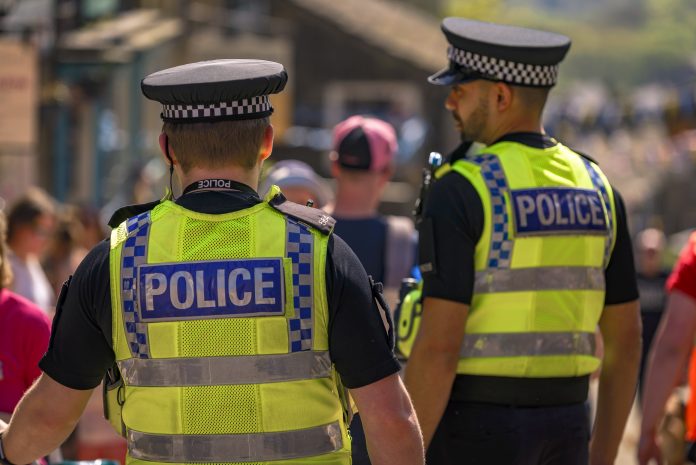Police legitimacy is at an all-time low in England and Wales following a plethora of scandals from murder, misogyny, violence against women, racism and profiling which have come more and more to the fore over the past few years
News this week that all 43 police service authorities have agreed to prioritise the policing and the presence of officers at burglaries will be welcomed by the public who have been let down in this respect. This agreement concedes that burglary is often an intrusive and traumatic event for citizens which requires the reassurance of a police presence. This shift may be seen as a wider attempt to improve public faith in policing more generally putting policing firmly back into the communities it was developed initially to serve and to keep safe. The new Met Commissioner, Sir Mark Rowley agrees with this shift back into the community, even given the issue of how this may be resourced moving forwards and given the number of calls on police staff in terms of them dealing with more traditional social work and mental health requests and calls for help from the public these days.
This move is a crucial first step in terms of attempting to curb the widening gap between the police and the community they are paid by the public purse to serve. We have seen too many of the current problems within policing including crimes by police officers in relation to Violence Against Women and Girls (VAWG) and notably the killing of Sarah Everard by a serving police officer, the policing of the Vigil has also rightly been critiqued and the scandals about police abuse and misuse of social media images and sharing hate crime views at Charing Cross and in the sharing of images of murdered sisters Bibaa Henry and Nicole Smallman.
Racist behaviours and ongoing assumptions
The ongoing racist behaviours and assumptions of the police continue to chip away at any firm faith in the police and are accompanied by the protests of ordinary people who have been standing up to this violence as seen in the case of child Q to daily stop and searches, and the police shooting of Chris Kaba most recently. While the new Commissioner seems to be shying away from accepting the label of institutional racism and coming out to clearly deal with this as his predecessor Dick had also done, he does seem to be attempting a shift towards the Peelian principles which embrace policing by consent and which suggest the police are the community and the community are the police. Women and Black and minority ethnic communities may be shouting that they too are not receiving the justice that they deserve, just as this is lacking for families and individuals who have experienced burglary.
Let us remind ourselves that their claims also have to be met in terms of maintaining the social compact between the police and the public and let’s see more shifts in police and all community relations.
This piece was written and provided by Dr Emma Cunningham, University of East London











